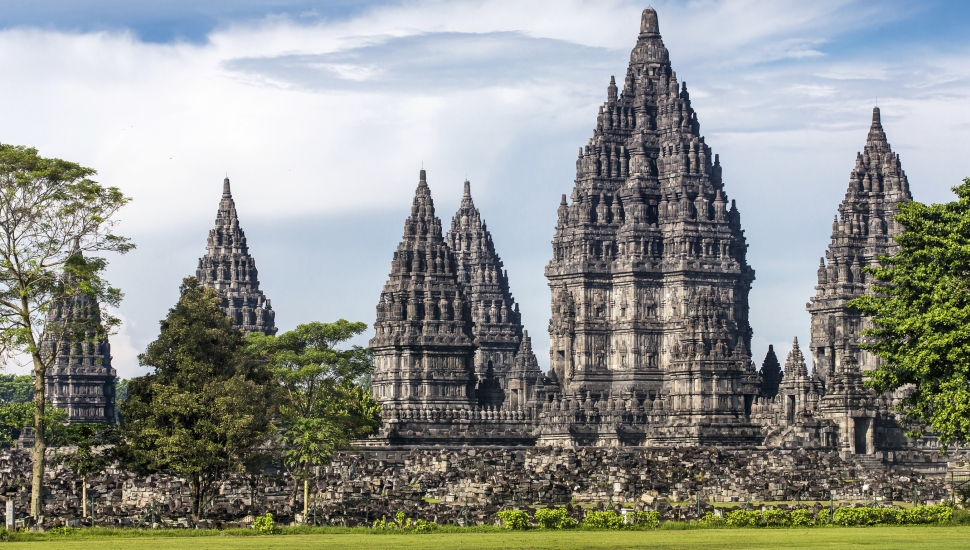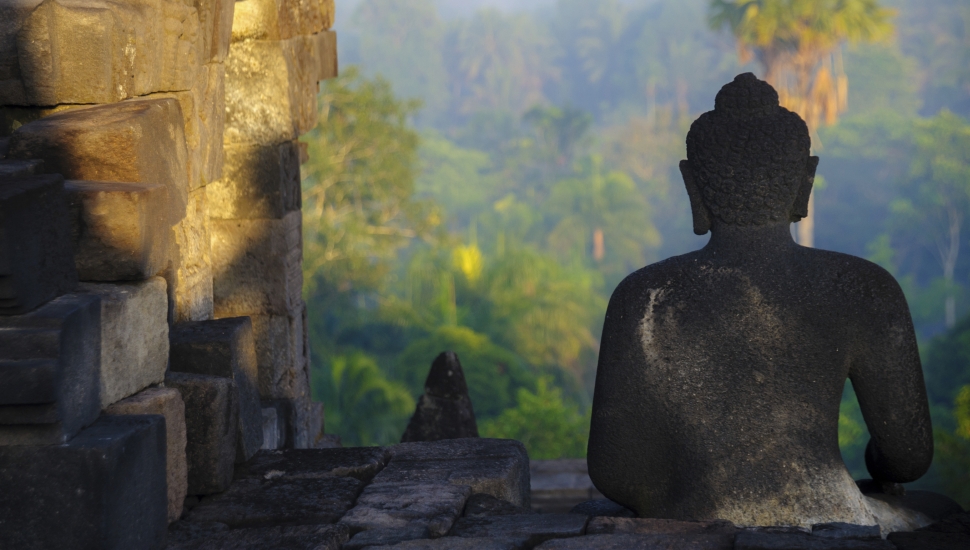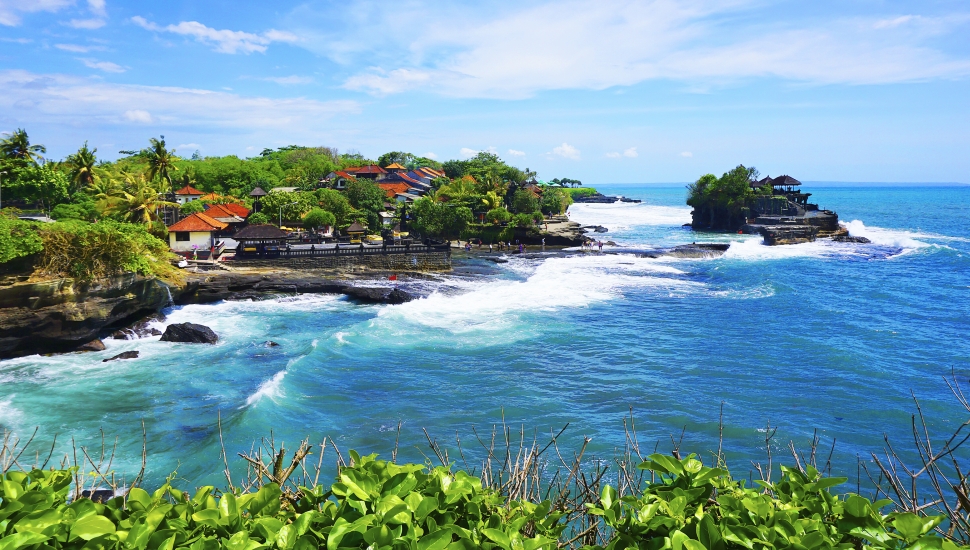Java to Bali: Two Very Different Indonesian Islands
They may be part of the same country, but Java and Bali offer distinctly different travel experiences, as Craig Hindmarsh discovered.
Indonesia's 250,000,000 inhabitants are spread across islands numbering more than 18,000 – a figure so enormous that only about 8,000 have actually been given names.
Java and Bali are two of the more sizeable islands, and so do have names. But after that commonality, the differences become more pronounced.
After spending three weeks on Java – an island much larger than Bali and home to the capital, Jakarta – I was on my way to Bali.
Java had been diverse to say the least. Mind bogglingly busy cities contrasted with misty tea plantations and majestic volcano vistas. Culturally, it was hard to gauge: it seemed like half a dozen countries rolled into one. One moment a streetscape reminded me of India, the next of Vietnam or Cambodia. The majority Muslim island also had a natural Middle Eastern flavour, with many – but not all – women wearing traditional head scarfs.
The Quintessential ‘Foreign Country'

Indeed, despite reports of the ‘religious police' cracking down on canoodling couples, and the occasional demonstration over a faux pas by a politician, Indonesia seems to be operating an ‘Islam Lite' model – although some would disagree.
Islam functions alongside Hinduism and Buddhism in what appears to be relative harmony. This colourful religious backdrop is further enriched (mostly through the architecture and pastry shops) by the country's Dutch colonial past.
I had the feeling that Indonesia was the quintessential ‘foreign country' – and all the more fascinating for it.
More indelible though was the warmth and friendliness of Java's people. Several locals had helped me and my travelling companions on our way: one had got his brother to drive us around Jakarta in search of a hostel (buying us cakes on the way); and once, on arrival at the edge of the surfer town of Panganderan at night and in the pouring rain, a woman had let me and my friends sleep on her living room floor (a broken bridge meant we couldn't enter the town safely until next morning).
Empire, Adele and Manchester United

At times in Java, I understood what it might mean to be famous. At landmarks, volcano look-outs and hotel lobbies, locals – often of the female variety – would request selfies. I must have appeared on hundreds of Indonesian Facebooks. For those who crave fame and attention, forget appearing on The X-Factor or Britain's Got Talent; just fly to Java.
The kindness of most Javan people sometimes made me feel a little ashamed of my own country: would a Javan visiting the UK enjoy such generosity? The common notion that the UK was ‘a very good country' – perhaps the result of empire, Adele and Manchester United – added to the disquiet.
After boarding the ferry from Banyawangi on the east coast of Java, I arrived with my friends in Bali.
As a holiday hot-spot, Bali is vastly more developed than Java. A majority Hindu island, it boasts a liberalism that Java lacks – a liberalism that means tourists from across the world can come here and indulge in the things tourists like: from cheap beer and night clubs – to services that meet more libidinous needs. That's not to say these things don't exist on Java, only that on Bali they are much more overt.
Surfers, Bohemian Sets and Two-Week Hippies

The sense of being ‘special' evaporated in Bali – the result of decades of tourism. Hustlers at the ferry bus station harangued us to get on this bus or that, with a view to taking a cut of the vastly inflated fare. We ended up boarding a dirty old banger to Denpasar, filled with slightly malign characters who were entirely unimpressed by our strange foreign faces. Hands on wallets, we had the sense we were now economic opportunities – not novelties.
But of course, people don't go to Bali to be special. They go for the incredible beaches, the tropical weather, the snorkelling, the diving. They go to be among their own: Australians on family holidays or lads getaways; surfers seeking Bali's famous waves; bohemian sets and two-week hippies laying their backpacks down in arty Ubud.

As we explored the island over the next week, the notion that the Balinese were a little jaded by tourism became less cut-and-dried. Sure, some were out to make a fast buck (watch for sleights-of-hand by those Kuta money changers) – but many have maintained their warmth and charm, while staying true to their religion.
From the ubiquitous spirit houses outside every home, to the fragrant incense that lingers in the back alleys; from the flower-petal offerings to the gods seen everywhere, to the colourful religious processions that frequently block the streets – Bali is a much more than simply fun-in-the-sun.
And yes, most of those famous Balinese smiles are genuine – something this magical island does share with Java.
Get a Quote